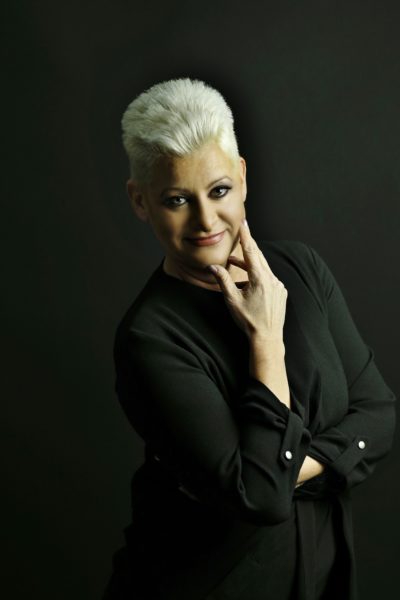COMMENTARY
At Issue: Journalist or Influencer?

Jaci Clement
photo by Bob Giglione
Across the country, a stirring debate is taking place inside newsrooms and spilling out into journalism circles. The big question: What is the role of a journalist in today’s society?
To be sure, we’re always up for a good debate. And the current situation is somewhat indicative of a healthy dynamic happening inside newsrooms as the front liners want to tussle with the c-suite suits. On some level, it’s actually pretty extraordinary because, for a very long time, newsroom staffers kept their heads down to the degree that they tried to avoid eye contact with upper management. It’s how people who are classified as an “expense” behave when an organization’s bottom line sinks below the water level.
Now here we are, at a time when the smell of activism is in the air and a renewed interest in news by the American public has given many a newsroom a new lease on life. It’s a palpable change that is causing journalists to rethink their role in our society. Should they be observers? Influencers? Activists? We are seated on the cusp of a pivotal time in media history.
Keep in mind, we are generations away and technologically divorced from the old news era. For the last few decades, we’ve wanted our news from people we’d like to hang out with, which is a far cry from the reaction we had when Old Iron Pants anchored the news. (Millennials, Google that.) We placed great faith in Cronkite and Murrow and their ilk because we found them credible. But, on some level, our trust in them also stemmed from the fact they simply scared us. Big time. And, they didn’t blog. Or tweet. They weren’t part of the story. In fact, there was scant evidence they were even human.
But, there’s still a connection between the old and the new journalists, which seems to be overlooked. Maybe because the new breed doesn’t know or understand its own history, or is too busy trying to turn every story into a political issue, that it doesn’t recognize that the mere act of journalism is all about influence. By its very nature, it doesn’t need a journalist to be part of the story, or offer personal opinions, or propose a solution to a problem for which he or she is not an expert. Journalism’s hallmark is storytelling and that holds more power and influence than even a court of law, at times, because perception is everything. If you doubt that, then remember this: A journalist determines what makes the public conversation. And what doesn’t.
